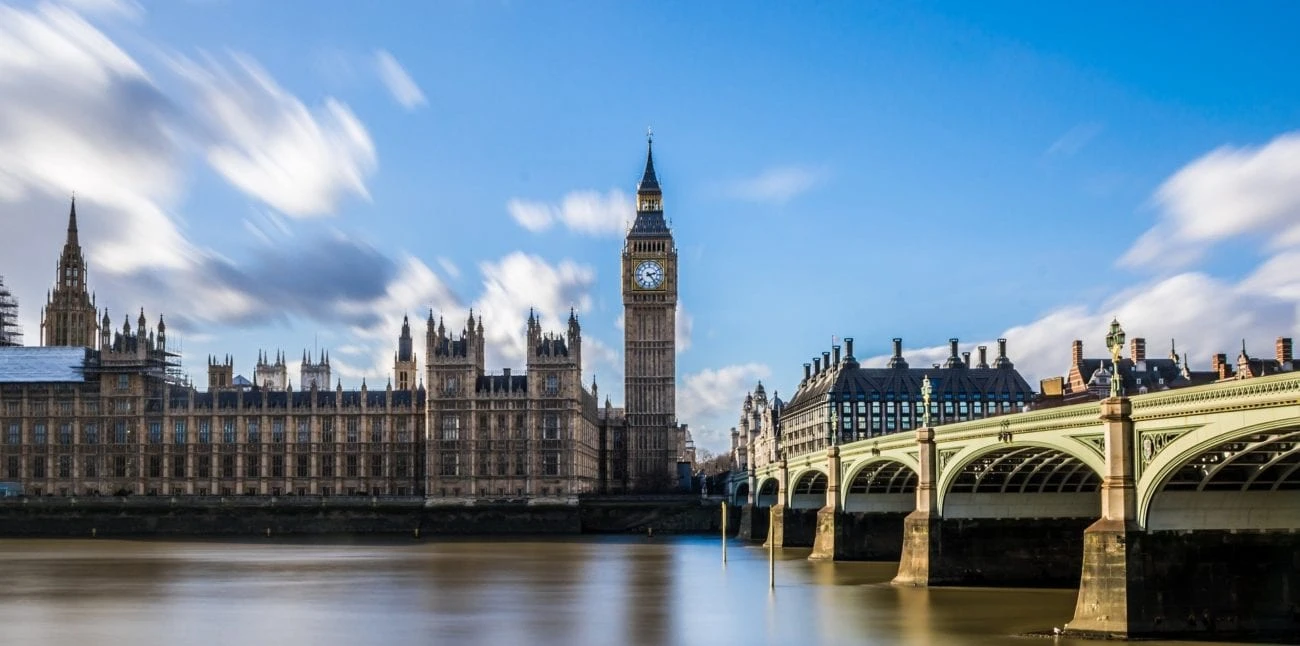British councils and crime commissioners urge tougher gambling laws

Amid the ongoing review of the Gambling Act, both the LGA and APCC said local councils should be given greater powers to determine where and how many gambling premises can open in their areas.
This would include councils being given more legal flexibility and power to approve or reject applications for a premises depending on local circumstances, taking into consideration the interests of the local economy, community impact and views of local residents.
The LGA and APCC referred to research that highlighted gambling and betting premises are typically located in more deprived areas, where residents may be more vulnerable to issues stemming from gambling and betting.
However, local councils in Britain currently have only limited powers to prevent the opening of a gambling premises, even if there are already others nearby or there are reasons why it may not be an appropriate location.
“Councils are not anti-gambling, but it is time we have a regulatory framework for gambling that above all else prioritises protecting vulnerable people from gambling-related harm and gives powers to local communities,” chairman of the LGA’s safer and stronger communities board councillor Nesil Caliskan said.
The associations also called for the government to crack down on the volume of gambling advertising and marketing in Great Britain, saying this could help break the link between problem gambling and spiralling debt, homelessness and relationship breakdowns.
The LGA and APCC said they were concerned about reports of people who are vulnerable to gambling-related harm being targeted with free bets and other marketing offers, even when they are trying to stop gambling.
The two associations said since the Gambling Act was first introduced in 2005, technological development has seen a significant increase in the numbers of people gambling remotely, linked with a shift towards operators advertising online and via social media. As such, the LGA and APCC said changes are needed to address the issues.
Other suggestions put forward by the LGA and APCC include the government introducing a statutory levy on all gambling operators to replace the current system of voluntary industry donations funding research, education and treatment.
This, the two associations said, would help fund an expansion of support provision, ensuring those experiencing gambling-related harm have access to care and would also help remove concerns over the independence of funding routed through voluntary donations.
Yesterday (21 February), the UK’s National Health Service (NHS) said it would cease its dual commissioning and funding arrangement with the GambleAware charity for specialist gambling clinics from 1 April.
The NHS said the decision was “heavily influenced” by patients who previously expressed concerns about using services paid for directly by industry, adding that clinicians felt there were conflicts of interest in the clinics being part-funded by resources from the gambling industry.
“The review is a golden opportunity for the government to implement further measures that empower local communities and their elected representatives to determine what and how many gambling premises they have in their local areas,” Caliskan said. “It is unacceptable that councils have such limited powers to refuse applications for new premises.”
APCC joint leads for addictions and substance misuse, Joy Allen and David Sidwick, added: “We know that people are committing serious crimes to fund gambling addictions and police and crime commissioners are committed to taking action to make our communities safer.
“We support calls for councils to have more legal flexibility and power with respect to local gambling premises and we want to see measures to get to grips with problem gambling online.
“Problem gambling can do a great deal of harm, to both the individual and to society, and we want to ensure that support is available to those affected and, where the industry has acted irresponsibly, it is held to account for its actions.”
